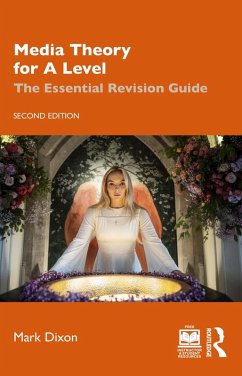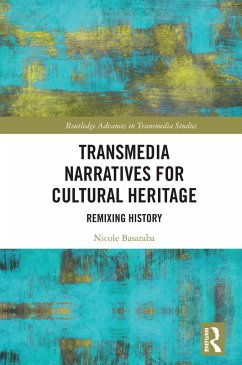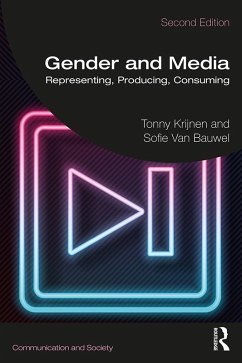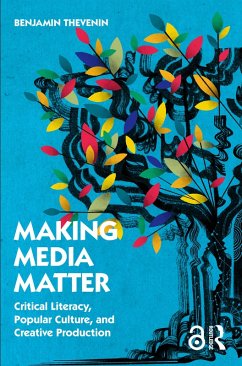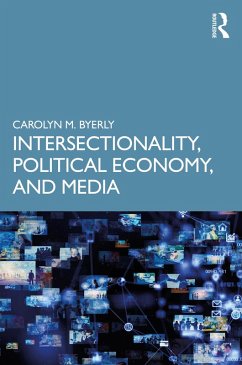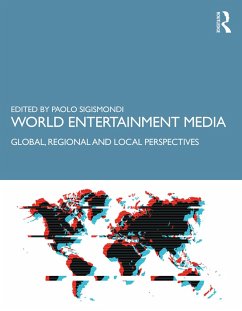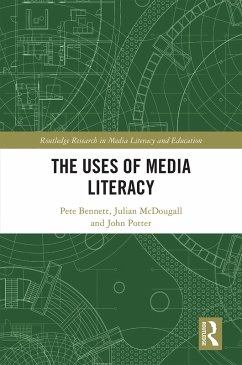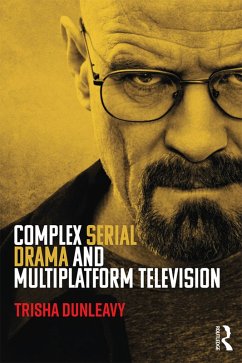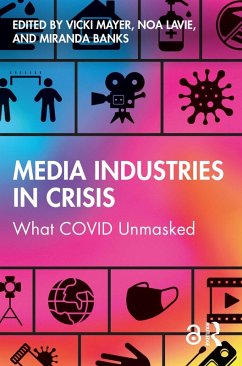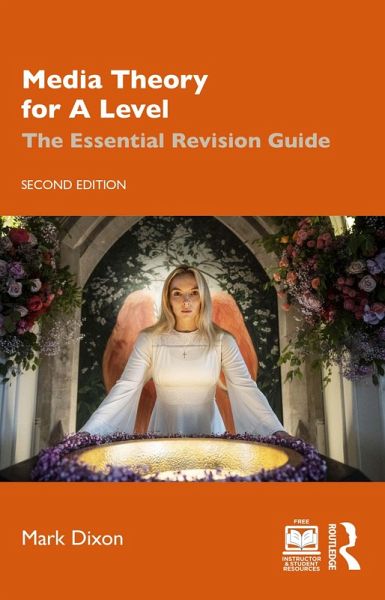
Media Theory for A Level (eBook, ePUB)
The Essential Revision Guide
Versandkostenfrei!
Sofort per Download lieferbar
19,95 €
inkl. MwSt.
Weitere Ausgaben:

PAYBACK Punkte
10 °P sammeln!
Media Theory for A Level provides a comprehensive introduction to the 19 academic theories required for A Level Media study.From Roland Barthes to Clay Shirky, from structuralism to civilisationism, this revision book explains all the core academic concepts students need to master to succeed in their exams. Each chapter contains comprehensive explanations of the academic ideas and theories specified for GCE Media study as well as practical tasks, higher level 'challenge activities', glossaries, reference tables and revision summaries.The second edition of this best-selling guide features: Upda...
Media Theory for A Level provides a comprehensive introduction to the 19 academic theories required for A Level Media study.
From Roland Barthes to Clay Shirky, from structuralism to civilisationism, this revision book explains all the core academic concepts students need to master to succeed in their exams. Each chapter contains comprehensive explanations of the academic ideas and theories specified for GCE Media study as well as practical tasks, higher level 'challenge activities', glossaries, reference tables and revision summaries.
The second edition of this best-selling guide features:
This book is key reading for teachers and students of A Level Media Studies and is also a useful resource for GCSE students.
Media Theory for A Level is accompanied by the www.essentialmediatheory.com website that contains a wide range of supporting resources including revision flashcards, worksheets and more exemplar applications of theory to current set texts.
From Roland Barthes to Clay Shirky, from structuralism to civilisationism, this revision book explains all the core academic concepts students need to master to succeed in their exams. Each chapter contains comprehensive explanations of the academic ideas and theories specified for GCE Media study as well as practical tasks, higher level 'challenge activities', glossaries, reference tables and revision summaries.
The second edition of this best-selling guide features:
- Updated and revised chapters and exemplars, reflecting the new A Level Media specification (AQA, Eduqas, OCR and WJEC).
- Overviews of core areas and potential approaches that could be taken in exam responses.
- Overviews of secondary theory that can be used in responses.
This book is key reading for teachers and students of A Level Media Studies and is also a useful resource for GCSE students.
Media Theory for A Level is accompanied by the www.essentialmediatheory.com website that contains a wide range of supporting resources including revision flashcards, worksheets and more exemplar applications of theory to current set texts.
Dieser Download kann aus rechtlichen Gründen nur mit Rechnungsadresse in A, B, BG, CY, CZ, D, DK, EW, E, FIN, F, GR, HR, H, IRL, I, LT, L, LR, M, NL, PL, P, R, S, SLO, SK ausgeliefert werden.




